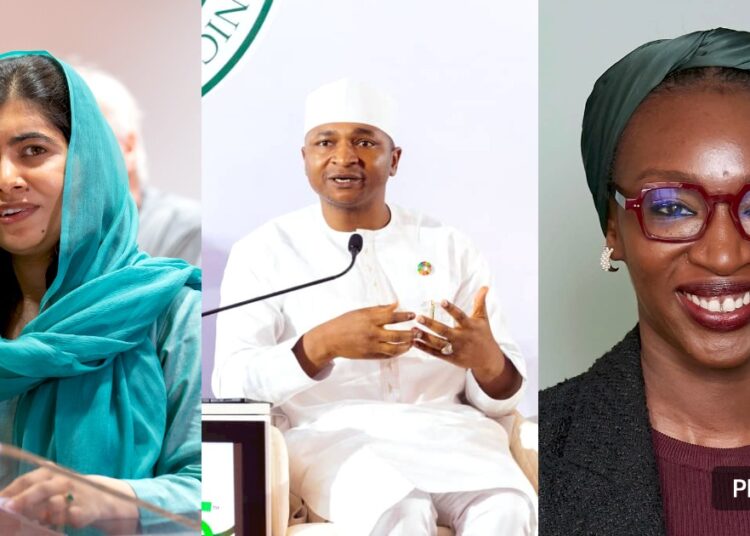The Malala Fund, alongside prominent advocacy groups, including Connected Development (CODE) and YouthhubAfrica, among others, has called the Nigerian government to action, urging it to protect the Violence Against Persons Prohibition (VAPP) Act from proposed repeal.
The legislation, enacted in 2015, provides essential safeguards against gender-based violence (GBV) and supports the safety, empowerment, and education of girls across Nigeria.
The VAPP Act represents a milestone in Nigeria’s battle against GBV, criminalising various forms of abuse, including domestic violence, rape, female genital mutilation, and child marriage.
Chief Executive of Malala Fund Nigeria, Nabila Aguele, said: “Repealing the VAPP Act would not only undermine efforts to protect Nigerian women and girls from violence but also threaten their right to education.
“When girls feel safe, they are more likely to attend school and reach their full potential. We cannot afford to take a step back in the fight for gender equality. We urge the Senate to amend and strengthen the Act, rather than repeal it.”
For his part, Hamzat Lawal, Founder of Connected Development (CODE), echoed the same concerns, stating that: “The VAPP Act is a cornerstone in the fight against gender-based violence in Nigeria. Its repeal would be a setback for the progress we’ve made in protecting our women and girls.
“We must not dismantle the protections put in place after years of advocacy and effort. The Act has been adopted by 35 out of 36 states, reflecting its crucial role in safeguarding the rights of women and girls across the country.”
Lawal further stressed the need for legislative improvements rather than a complete repeal of the law.
“While we acknowledge that the Act might need revisions to address specific issues, the idea of repealing it entirely is deeply concerning. Instead of taking a step backwards, we should focus on strengthening and implementing the Act more effectively.
“We need to ensure that the legal framework remains robust and that survivors of GBV continue to receive the protection and support they need,” he added.
Also, Executive Director of Invictus Africa, Bukky Shonibare, supported the view, noting, “The VAPP Act, passed after many years of effort, is now adopted by 35 out of 36 states in Nigeria. Let us build on this progress by amending and properly implementing the Act rather than repealing it.”
Toyin Chukwudozie, Executive Director of Education as a Vaccine, added, “Enacting and implementing legal protection to prevent gender-based violence is critical for ensuring girls have access to education, stay in school and complete their education.
“Repealing the VAPP Act will jeopardise this fundamental right for all girls nationwide, particularly in states where the Act has already been adopted. It is unnecessary and undermines the efforts of everyone who fought for its passage.”
The Malala Fund and its partners urged the Nigerian Senate to reject the call to repeal the Act and focus on amending it to include clear, inclusive language that safeguards all individuals, particularly women and girls.
Other partners who signed the statement included Benjamin John of Unique Care and Support Foundation (CASFOD), Hassana Shuaibu of ACE Charity, and Sani Muhammad of Bridge Connect Africa Initiative, among others.
We’ve got the edge. Get real-time reports, breaking scoops, and exclusive angles delivered straight to your phone. Don’t settle for stale news. Join LEADERSHIP NEWS on WhatsApp for 24/7 updates →
Join Our WhatsApp Channel










